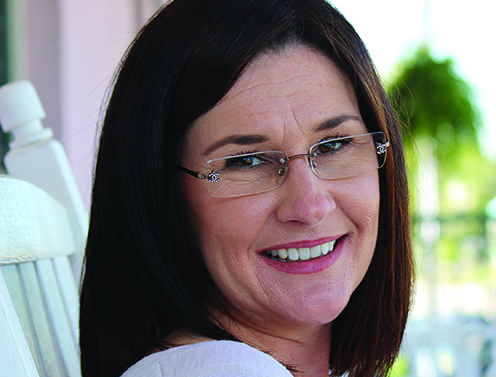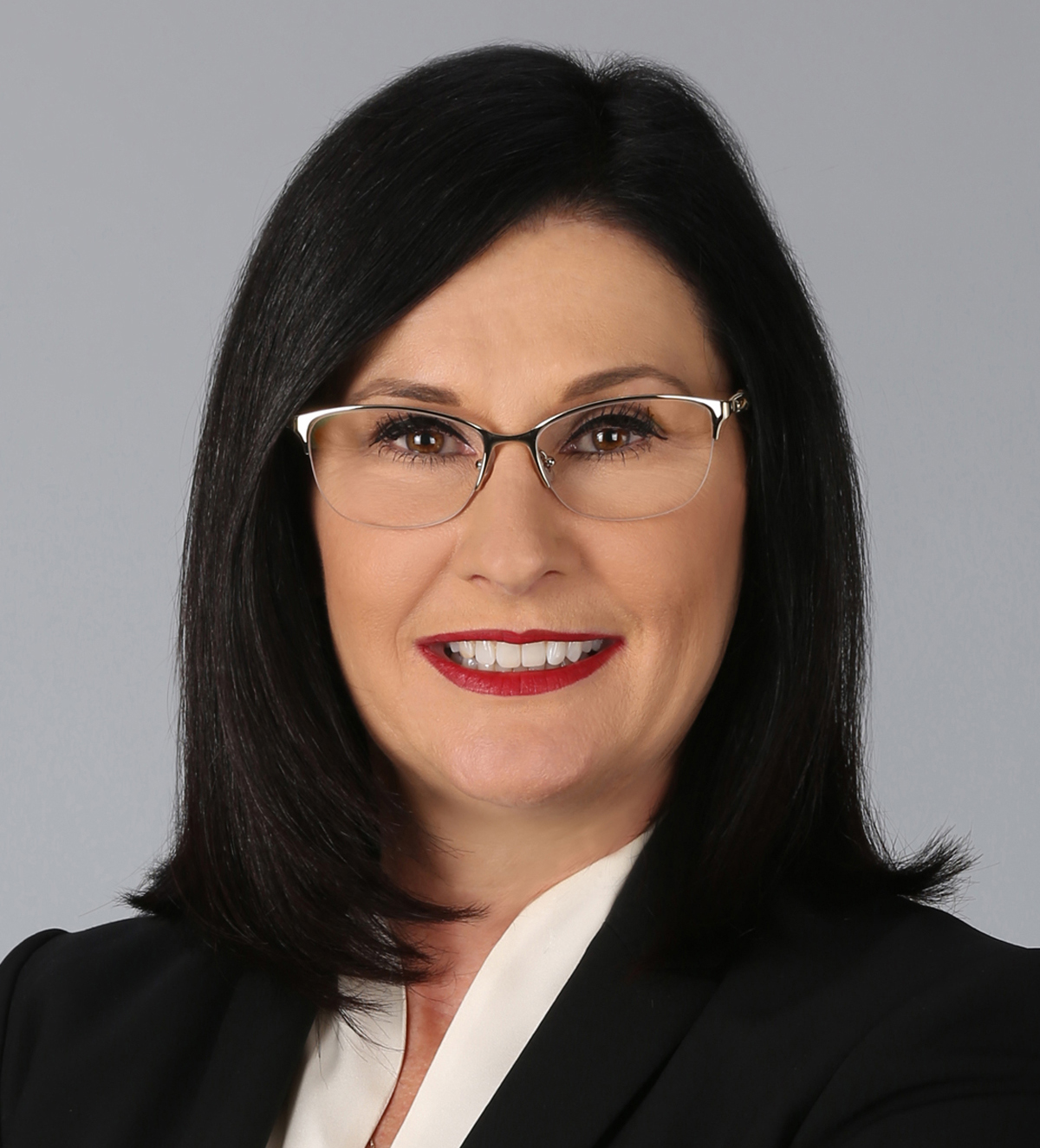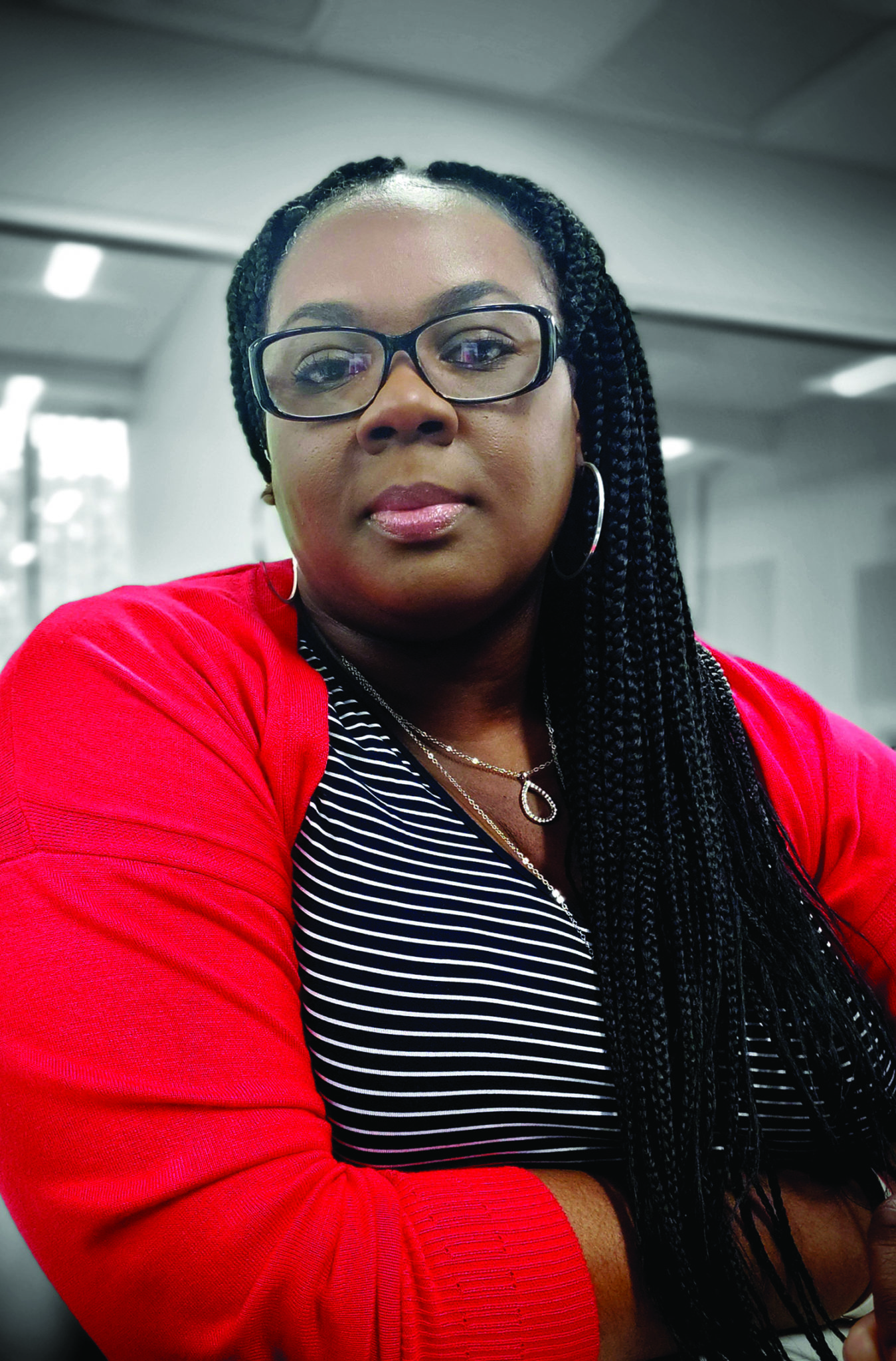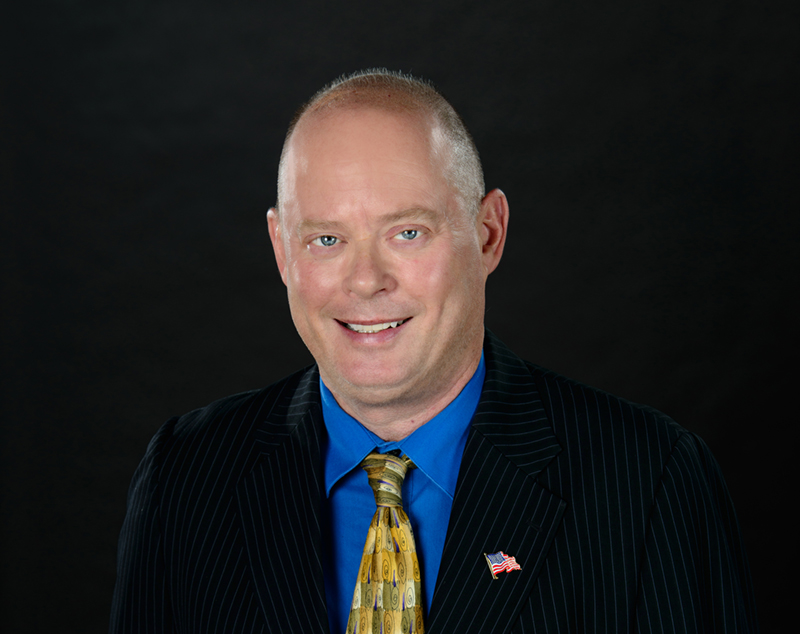By Darcie Lunsford
How do you get a noisy room packed with 70 of South Florida’s top commercial real estate brokers to pipe down?
“Who wants an update on the Amazon headquarters deal?” Greater Fort Lauderdale/Broward Alliance Vice President David Coddington asks, almost rhetorically, as he steps to the microphone at an Oct. 19 meeting of the South Florida Office Brokers Association.
The question prompts a near-sudden hush, and neck-jerking turns toward the podium.
“Today is the deadline to submit,” Coddington continues. He then elaborates that South Florida’s three economic development agencies, in coordination with the state, have been in failure-is-not-an-option mode to get the region into the site consideration mix ever since Amazon unveiled its open-bid competition in early September for its second headquarters, dubbed simply HQ2.
This call for proposals created a dog-whistle-like pursuit to woo the e-commerce goliath as the largest economic development prize of the century. Any metropolitan area in North America can pitch itself, as long as it has more than 1 million people and a pro-business climate.
South Florida, which offered up eight sites—from downtown Miami to Doral, to west Broward, to as far north as Palm Beach County, is among 238 cities, regions, states and Canadian provinces to respond to Amazon’s eight-page RFP.
“It is really a brilliant marketing move,” Coddington says, referring the attention and free press that the monster project is spurring, and will continue to, as it reviews proposals and marches toward a 2018 decision.
The stats are startling, and a potential game changer for the lucky winner of HQ2:
• 50,000 fulltime, direct jobs, with an annual average wage of more than $100,000.
• $5 billion investment in its new corporate facilities, which will be phased up to as large as 8 million square feet over a 15-year period. That is comparable in scale to its existing downtown Seattle headquarters, which spans 33 buildings and 8.1 million square feet.
And since Amazon has shrewdly positioned HQ2 as an equal to its Seattle headquarters, it can more credibly demonstrate the direct and indirect economic yields to the recipient area, beyond the typical pie-in-the-sky economic-model studies.
Remember Scripps Research Institute in Jupiter, when Gov. Jeb Bush touted an economic impact study to justify giving the San Diego-based research center more than $500 million in state and county incentives in 2003? It was supposed to launch a dynamically evolving biotech cluster that would create tens of thousands of high-wage jobs. The reality has not lived up to the study’s economic-output hype.
Expectations for the broader impact of Amazon’s HQ2, however, can be more reasonably based on what happened in Seattle, where it has 40,000 employees—as long as the company does what it says. Its effect on Seattle, according the company’s RFP, has been:
• $3.7 billion investment in buildings and infrastructure
• $25.7 billion paid in employee wages
• 233,000 hotel nights by Amazon employees and guests in 2016
• $43 million paid into the city’s public transportation system
• 53,000 indirect jobs
• $38 billion in spinoff investment
• Local increase in Fortune 500 companies with research and engineering operations, from seven to 31 as of this year.
The e-commerce giant says it will consider retrofitting an existing structure, but doubts that an older building will be sufficient to meet its needs. As such, it will prioritize shovel-ready sites and infill development locations with the infrastructure to meet its requirements:
• 500,000 square feet for phase one, with plans to ramp up to 8 million square feet
• Within two miles of major highways
• 45 minutes from an international airport
• On-site access to mass transit
While South Florida’s economic development officials are optimistic about the region’s chances, local developers are less so. They might be the most measured, pragmatic voices in the discussion.
“It would be an unbelievably big boost to the economy,” says veteran Miami developer Ford Gibson, managing director of Foundry Commercial. “I think we are lacking in affordable housing and mass transit.”
Adds a Broward developer: “I don’t know if South Florida has the depth of tech people and advanced degrees that Amazon has gotten more into hiring. We are definitely a long shot.” ↵
Freelance writer Darcie Lunsford is a former real estate editor of the South Florida Business Journal. She is the senior VP for leasing at Butters Group and is avoiding a conflict of interest in her column by not covering her own deals.











